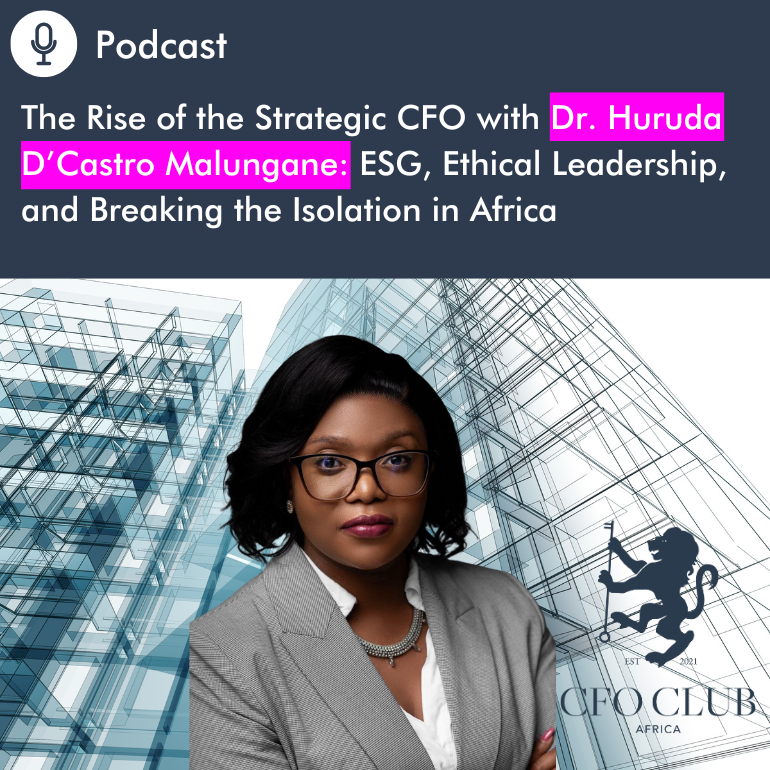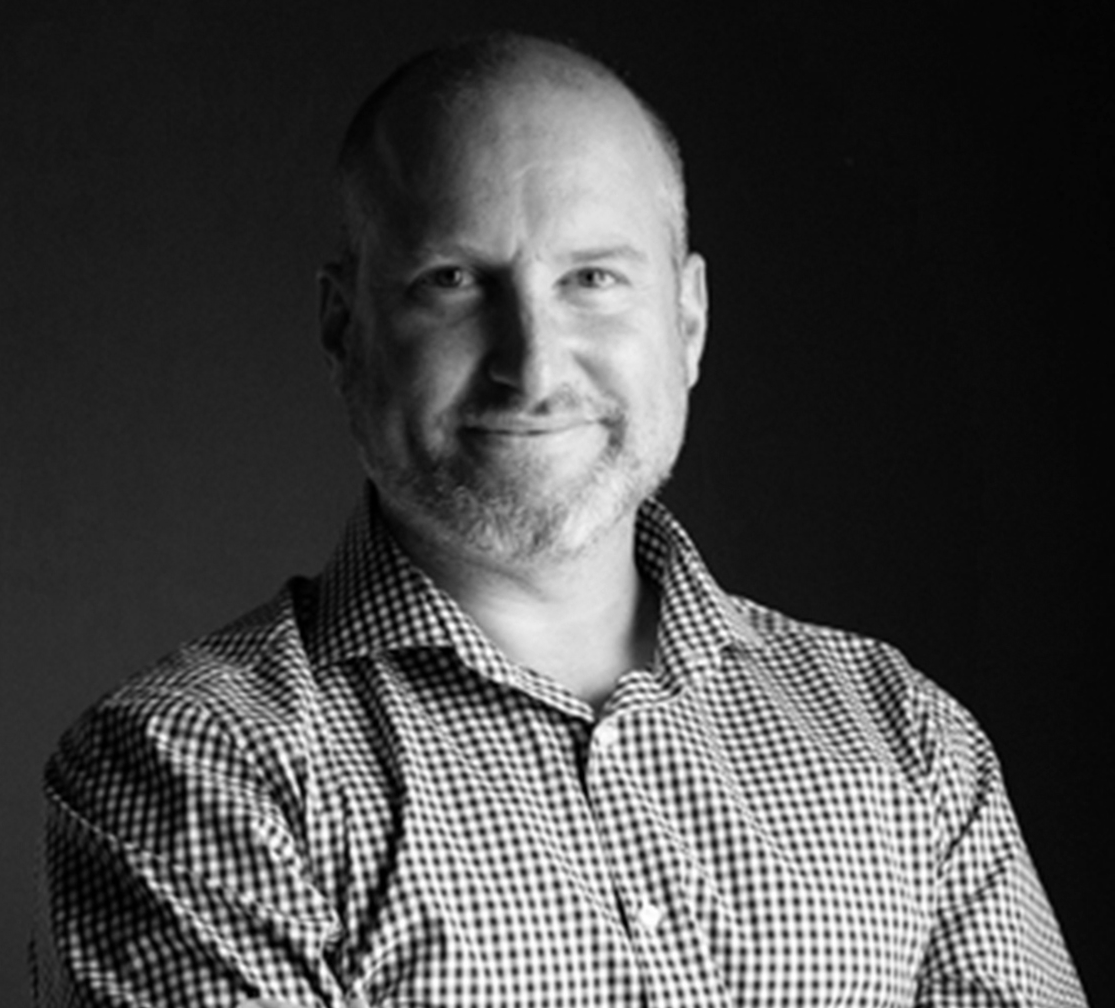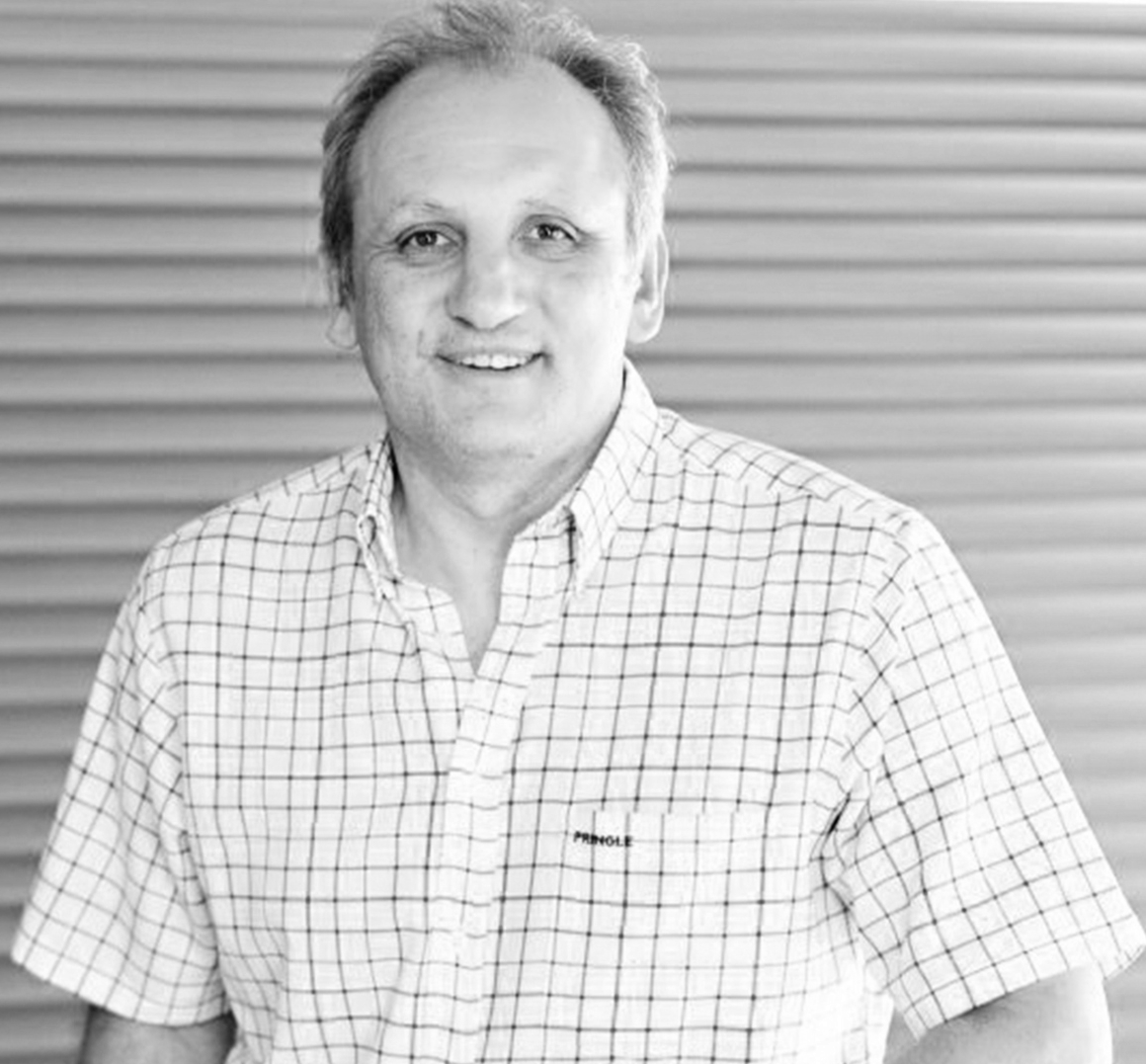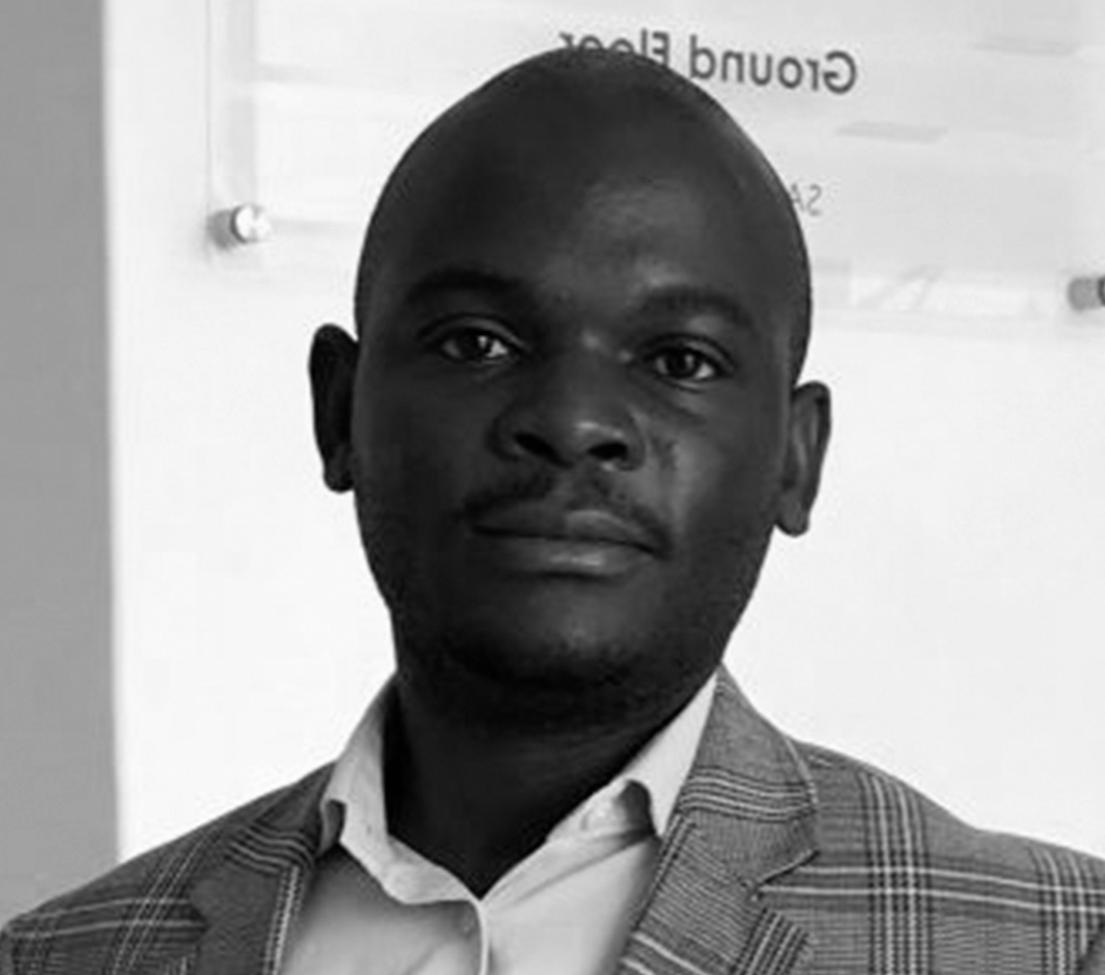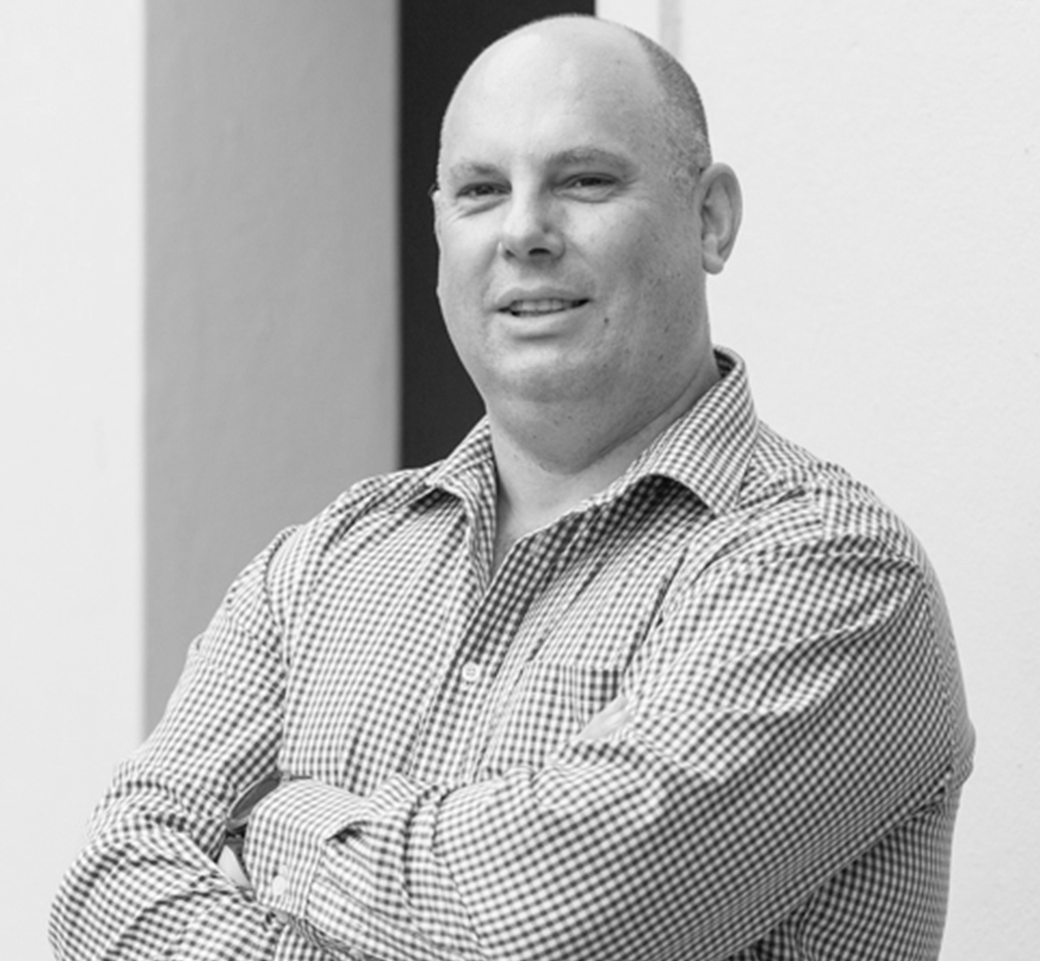The Rise of the Strategic CFO with Dr. Huruda de Castro Malungane : ESG, Ethical Leadership, and Breaking the Isolation in Africa
In a captivating episode of CFO Club Conversations, Leana van der Merwe speaks with Dr. Huruda D’Castro Malungane, an extraordinary leader at the intersection of finance, governance, risk, and human capital. As the Head of Finance, Acting Head of Risk Management, and Country HR Lead at Liberty Health, and the founder of the CFO Forum in Mozambique, Dr. Malungane brings unmatched depth and clarity to what it means to lead in today’s complex African business environment.
This blog post unpacks some of the most powerful insights from the conversation, with added context and real-world case studies to support and expand on the themes.
The CFO as the “Chief Everything Officer”
Today’s CFO wears many hats: finance leader, strategist, HR influencer, board advisor, and ESG custodian. For Dr. Malungane, this isn’t a burden, it’s a source of empowerment.
“We are no longer stewards of the past, we are co-architects of the future.”
She cautions, however, that without proper support structures, blurred accountability and burnout are real risks. The modern CFO’s success, she argues, depends on having a strong, collaborative team—one that spans not just subordinates but peers and leadership.
The Evolution of the CFO Role at MTN Group
MTN’s group CFO Tsholofelo Molefe exemplifies this multi-functional CFO role. She not only steers financial strategy across over 20 African and Middle Eastern countries but also oversees ESG integration and digital transformation. MTN’s recent expansion into mobile money was driven by close CFO–CEO collaboration and strategic risk-taking—highlighting the importance of financial leadership beyond the books.
ESG as a Value Driver, Not a Compliance Tick-Box
Dr. Malungane is a vocal advocate for ESG, especially in Africa, where its implications go far beyond corporate reputation.
“ESG isn’t about sustainability, it’s about survival.”
She warns against reducing ESG to investor-friendly window dressing and urges CFOs to treat it as a strategic lens for capital allocation and risk management. At Liberty Health, ESG initiatives, like improving healthcare access in Mozambique, are integrated directly into the business model.
Safaricom’s Purpose-Driven Model
Kenya’s Safaricom has aligned its business model with the UN’s Sustainable Development Goals, particularly in financial inclusion. Its mobile money platform, M-Pesa, has extended access to banking for millions, while internal governance structures ensure accountability. The initiative is not just socially impactful—it’s been a major driver of revenue and brand loyalty.
Ethical Leadership & Shared Sacrifice
A recurring theme in the conversation was ethics, especially in tough decisions like cost optimisation. Dr. Malungane firmly believes financial efficiency and ethical responsibility must co-exist:
“If the pain is always pushed downward while leadership is untouched, that’s not strategy, that’s hypocrisy.”
Her concept of shared sacrifice challenges boards and leadership teams to align cost-cutting with values, ensuring dignity for all stakeholders. She encourages CFOs to question the real human impact of financial decisions.
Capitec Bank’s Response to COVID-19
During the early stages of the pandemic, Capitec’s leadership voluntarily took pay cuts to preserve jobs. The bank also delayed dividend payments to conserve cash. While the strategy was risky, it preserved long-term trust with both employees and shareholders, a textbook example of ethical leadership in action.
The Power of CFO Community: Breaking the Isolation
Dr. Malungane’s founding of the CFO Forum in Mozambique was a response to the “lone wolf” nature of CFO roles, especially in Lusophone Africa. Often perceived as number-crunchers at the edge of strategy, CFOs are in fact deeply embedded in every major decision of the business.
“We aren’t looking for just another networking platform. We need spaces to talk ethics, innovation, resilience—and emotional toll.”
Her work reflects a broader movement across the continent to build communities of practice, mentor younger professionals, and shift from stoic, isolated leadership to open, agile, and influence-driven collaboration.
The CFO Africa Community by ACCA & PwC
In a joint effort, ACCA and PwC have developed platforms and toolkits for African CFOs to collaborate, exchange ideas, and shape regional best practices. A recent survey showed 70% of CFOs in sub-Saharan Africa now participate in structured peer groups, a massive shift from even five years ago.
Crisis Communication and Courageous Leadership
As she prepares to speak at the 8th Annual CFO Africa Markets event, Dr. Malungane will focus on building trust and transparency in times of crisis. She believes CFOs must be the stewards of not just capital, but values and communication:
“We are no longer just gatekeepers of cost, we are the architects of strategy, the custodians of ethics, and champions of sustainable growth.”
In her view, leadership is about asking better questions, not pretending to have all the answers.
Dr. Huruda Malungane is part of a new wave of CFOs who are redefining leadership on the African continent. Her voice is bold, her lens is strategic, and her approach is deeply human. Whether you’re a CFO, a finance manager, or an aspiring financial leader, the message is clear: your role is more than numbers—it’s about courage, community, and conscious decision-making.
Transcript
Leana van der Merwe:
Good day, CFO Club listeners. Welcome to today’s podcast—this is a special edition of the CFO Club Conversations. My name is Leana van der Merwe, and I’m very excited to be joined by a powerhouse in the world of finance and governance: Dr. Huruda de Castro Malungane.
Huruda is the Head of Finance at Liberty Health, where she also serves as Acting Head of Risk Management and Country HR Lead. She’s the founder of the CFO Forum in Mozambique—a platform similar to the CFO Club, focused on strengthening CFO networking in the region. With experience across hospitality, telecommunications, and financial services, she brings a rare mix of strategic thinking, operational excellence, and sustainable finance advocacy. Dr. Huruda, welcome—it’s a pleasure to have you with us today.
Dr. Huruda Malungane:
Thank you so much for the invitation, Leana. Good morning, good afternoon, or good evening to everyone listening. I’m honoured to be here and really looking forward to our conversation.
Leana:
We know it’s a busy time of the month for anyone in finance, so thank you again for joining us. Let’s start with your current scope at Liberty Health. You’re involved in finance, HR, risk, and even board liaison work. There’s a growing idea that the modern CFO is becoming a “Chief Everything Officer.” Is this empowering, or are we setting ourselves up for burnout and blurred accountability?
Huruda:
That’s such a timely question, Leana. Indeed, the role of the CFO has evolved far beyond managing the balance sheet. We used to be known as the guardians of the numbers—protectors of shareholder value. But in my experience, especially at Liberty, I’ve learned that CFOs can do far more.
I wear multiple hats: finance, HR, enterprise risk, governance, and strategy—which is my favourite. I genuinely feel like a “Chief Everything Officer,” and I find that empowering, if it’s done intentionally. Yes, the scope has grown, but so has our strategic influence.
We’re no longer stewards of the past—we’re co-architects of the future. But you’re right, the danger is real. Without clear boundaries or alignment with leadership, burnout and blurred accountability can happen. The key is how organisations structure support for CFOs. Success hinges on strong teams—not being a superhero.
Leana:
So true. Many guests have said their teams are their biggest asset. I also love that you said it’s a choice—to put on those different hats. And it’s refreshing to hear a CFO who embraces the strategic side, as many try to hand that off to the CEO.
Huruda:
Exactly. I see the CEO and CFO as gears in the same engine. The CEO sets the direction; the CFO provides the rhythm—the heartbeat. It’s about partnership, not hierarchy. Our team isn’t just those beneath us; it’s also peers and leadership—including the board.
Leana:
Let’s talk about ESG. You’re an advocate for ESG and sustainable finance, but ESG is facing a credibility crisis. Many see it as a tick-box exercise or corporate greenwashing. How do we distinguish genuine ESG leadership from reputational risk management?
Huruda:
Thank you for raising this. ESG is very close to my heart. Globally, ESG started with the right intentions, but somewhere along the way, the focus shifted—from impact to image. It became about ratings and appeasing investors, rather than creating real value for people and the planet.
In Africa, this credibility issue is even more dangerous. ESG for us is not just about sustainability—it’s about survival, resilience, and inclusive growth. As a CFO, I see ESG at the intersection of capital allocation and strategic risk. It’s not just about reports; it’s about real decisions.
At Liberty, we’ve moved beyond compliance. For example, improving access to healthcare in Mozambique isn’t just a social imperative—it’s part of our business model. That takes data, transparency, and sometimes tough conversations with short-term investors.
Board-level accountability is key. ESG must be integrated into governance and risk conversations from the top. It needs measurable, systemic impact—not vanity metrics. Above all, it takes courage to do the right thing, even when it’s not a quick win.
Africa has a unique opportunity to embed ESG into our business DNA, but only if we treat it as purpose, not marketing.
Leana:
Wow. That’s powerful. I love that you view ESG as a value driver and purpose-driven, not just a compliance tool.
Let’s talk about leadership during economic shifts. You’ve led finance divisions in hospitality, telecoms, and healthcare—often in highly regulated sectors. How do you balance being bold and forward-looking with compliance and board conservatism?
Huruda:
It’s tough, and the tension is very real. Regulation is critical—especially in sectors like healthcare and telecoms—but compliance shouldn’t be a ceiling. It should be a foundation.
What I’ve learned is the importance of speaking both languages: prudence and possibility. We must be innovative within the rules. That takes patience and persuasion—especially with boards.
Sometimes it’s about educating the board and regulators. Innovation isn’t recklessness. It’s progress within guardrails.
Leana:
Let’s talk about the CFO Forum in Mozambique. Was this born from a gap you experienced? Do CFOs in Africa suffer from a lone-wolf mentality that holds back innovation?
Huruda:
Absolutely. The forum was born from personal and professional isolation. It was after attending a European Women on Boards training that I realised we were lacking these communities locally.
When I became a CFO, especially in Portuguese-speaking countries, I felt how lonely this role could be. The perception that the CFO is just a numbers person, detached from strategy and people, is still real here. But in truth, we are involved in everything.
The CFO Forum is not just about networking—it’s about honest conversations around ethics, innovation, and resilience. We need spaces to support each other, and the next generation is hungry for openness, agility, and influence.
Our role now is to build the bridge—to lead not with stoicism, but with connection.
Leana:
That’s inspiring. You mentioned ethics earlier. So here’s a scenario: what if there’s a cost-saving strategy that disproportionately affects lower-level staff while leadership remains untouched? Where’s the ethical line between financial efficiency and leadership responsibility?
Huruda:
This is the tough side of leadership. Cost-cutting is sometimes necessary, but how we do it defines who we are. If the pain is pushed downward and leadership is spared, that’s not strategy—that’s hypocrisy.
I always ask: who bears the consequences of this decision? If it’s only the most vulnerable, we haven’t done our job as ethical leaders. I advocate for shared sacrifice. I’m fortunate to work with a managing director who believes in the same principle.
We always prioritise value creation before cutting costs. Financial health and human dignity must coexist. As CFOs, we must bring this mindset to the boardroom.
Leana:
Let’s touch on a big one. You’ve had a front-row seat to corporate leadership in Africa. What’s one uncomfortable truth we don’t talk about enough?
Huruda:
This is something I wish was asked more in boardrooms. The uncomfortable truth? Too many decisions in Africa are made out of fear—not strategy.
We fear upsetting political relationships, challenging hierarchies, or being “too” something—too young, too female, too outspoken. I’ve lived this. I’ve seen brilliant ideas pulled back because they might make someone uncomfortable.
This isn’t strategy—it’s risk aversion disguised as prudence. Many corporate structures still mirror colonial mindsets—hierarchical, centralised, and allergic to dissent.
We say we want innovation, but we don’t create the psychological safety for bold, ethical leadership. That’s why we’re losing young African talent—not because they lack loyalty, but because they’re tired of waiting for permission.
We need a shift from control to trust. From silence to courage. Real leadership isn’t about having all the answers—it’s about asking the right questions.
Leana:
So well said. Lastly, you’re speaking at the 8th Annual CFO Africa Markets Event in July. Can you give us a sneak peek into your topic on stakeholder engagement and crisis communication?
Huruda:
Absolutely. I’ll be speaking about building trust and transparency through crisis communication. My message to CFOs is: you are not alone.
Yes, our roles can be demanding and isolating, but through crisis we are building resilience. We’re not just gatekeepers of cost anymore—we’re architects of strategy, custodians of ethics, and champions of sustainable growth.
Let’s stop leading in silence. Let’s build communities of practice. Mentor the next generation. Challenge the status quo—even when it’s uncomfortable.
Africa is shifting. The world is watching. We, as CFOs, have a critical role in ensuring that our continent’s growth is fast, fair, and future-proof.
Leana:
Dr. Huruda de Castro Malungane—Head of Finance, HR, and Acting Risk Management at Liberty Health, and founder of the CFO Forum Mozambique—thank you for joining us. This was an inspiring and thought-provoking conversation.
Related Posts
5: Lorien Gamaroff
CEO: Centbee Reinvention of the sound money concept. South Africa’s foremost blockchain expert, Lorien Gamaroff, provides insight to blockchain technologies and their benefits. CIARAN RYAN: This is CFO Talks and today we are really excited to be joined by Lorien Gamaroff, CEO of Centbee, a cryptocurrency payment company. He’s also the chief ex
8: Bryan Dorfan
CEO & CFO: Alyak Investments From CFO to business owner: Drawing on his financial and forensic experience, Bryan Dorfan’s new consultancy assists businesses to improve their profitability. CIARAN RYAN: This is CFO Talks and today we are talking with Bryan Dorfan, who’s chief executive officer and chief financial officer of Alyak Investment
4: Talifhani Khubana
CFO: Pan South African Language Board The Pan South African Language Board was established by an Act of Parliament in 1995, it falls under the Department of Arts and Culture and its purpose is to promote multilingualism in South Africa, where we have eleven official languages. CIARAN RYAN: This is CFO Talks and […]
12: Pieter de Wit
Chief Financial Officer: Afrimat Don’t waste a good crisis. ‘We are a very entrepreneurial-type culture in Afrimat and we always look for opportunities in the crisis.’ CIARAN RYAN: This is CFO Talks and today we’re joined by Pieter de Wit, chief financial officer at Afrimat, a construction materials and mining company listed on […]

